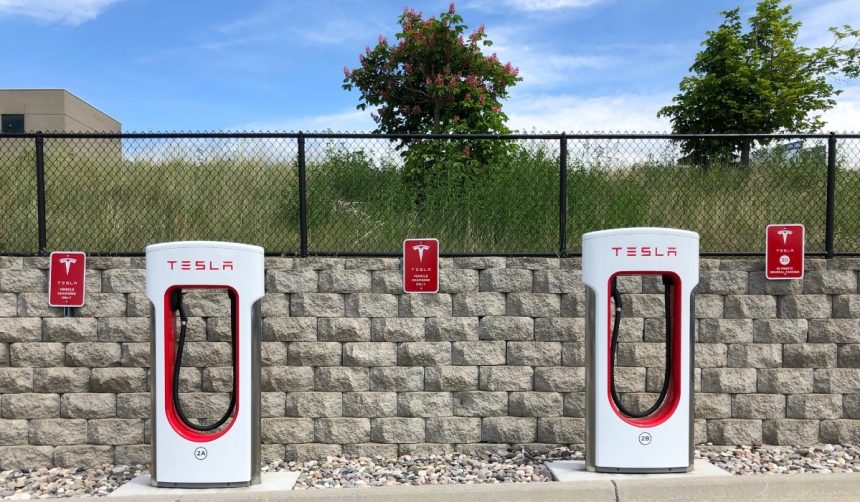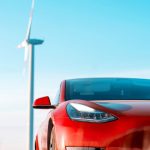A debate over executive pay at Tesla has drawn notable attention, particularly as financial commentator Jim Cramer voiced his views on CEO Elon Musk’s proposed compensation package. Tesla’s innovations, such as Optimus robots and Full Self-Driving technology, have contributed to ongoing discussions about Musk’s value to the company. Shareholders are preparing for a crucial vote, which could affect the company’s leadership and long-term direction. Public opinions remain divided, reflecting broader concerns about governance and the future of both Tesla and its high-profile CEO.
Earlier reactions to Musk’s compensation plan in recent years have fluctuated, with some investors and analysts previously expressing skepticism over the scale and structure of the proposed package. Criticism from proxy advisory firms like Institutional Shareholder Services (ISS) and Glass Lewis has been prominent, focusing on issues of corporate governance and the perceived concentration of power. However, others have argued that Musk’s leadership has contributed substantially to Tesla’s growth in areas such as artificial intelligence and the deployment of new products. The upcoming shareholder vote marks a pivotal shift, as current discourse is shaped by new technological ventures and changing market expectations.
What Drives Jim Cramer’s Endorsement for the Pay Package?
Jim Cramer, the well-known host of Mad Money on MSNBC, expressed his support for Musk’s compensation. Emphasizing Tesla’s focus on robotics and advanced driving technologies, Cramer stated,
“Don’t be small-minded: Tesla is about robots, Full Self-Driving, the future. Give him his package.”
His comments suggest that retaining Musk is seen by some financial commentators as vital for keeping Tesla’s momentum in product development and innovation.
How Did Elon Musk Respond to Compensation Concerns?
During Tesla’s third-quarter 2025 earnings call, Musk highlighted his concerns about maintaining sufficient control over the company, especially as it transitions into deploying large fleets of Optimus robots. He voiced apprehension regarding influence from shareholder groups and proxy advisors, reflecting special attention to shareholder voting dynamics. Musk commented,
“My fundamental concern with regard to how much voting control I have at Tesla is if I go ahead and build this enormous robot army, can I just be ousted at some point in the future?”
His remarks underline the connection between his leadership, Tesla’s strategic direction, and his desire for stability.
Are Shareholder Perspectives Likely to Shift?
The decision on Musk’s proposed pay is scheduled for a shareholder vote on November 6. Cramer’s support is one perspective among many, while opinions within the Tesla investor community remain mixed. Shareholders are weighing the company’s dependence on Musk’s vision against pressures for broader oversight and accountability. The outcome may provide new insight into evolving expectations for executive compensation and leadership at major technology companies.
Tesla’s situation illustrates ongoing tensions over CEO compensation in the tech industry, especially when innovation and leadership are closely tied to a single individual. Close scrutiny from both internal and external stakeholders highlights the complex trade-offs companies face between incentivizing innovation and ensuring sound governance. Shareholders’ decisions will likely influence not only the company’s management structure but also discussions on how power and compensation should be balanced as technology companies grow. Observers will watch closely to see how the vote, Musk’s stated concerns, and influential voices like Cramer’s alter perceptions and practices in the sector.
- Tesla prepares for a shareholder vote on Elon Musk’s compensation plan.
- Jim Cramer supports Musk, citing the CEO’s influence on Tesla’s direction.
- Investors’ decision could shift expectations for tech leadership accountability.










